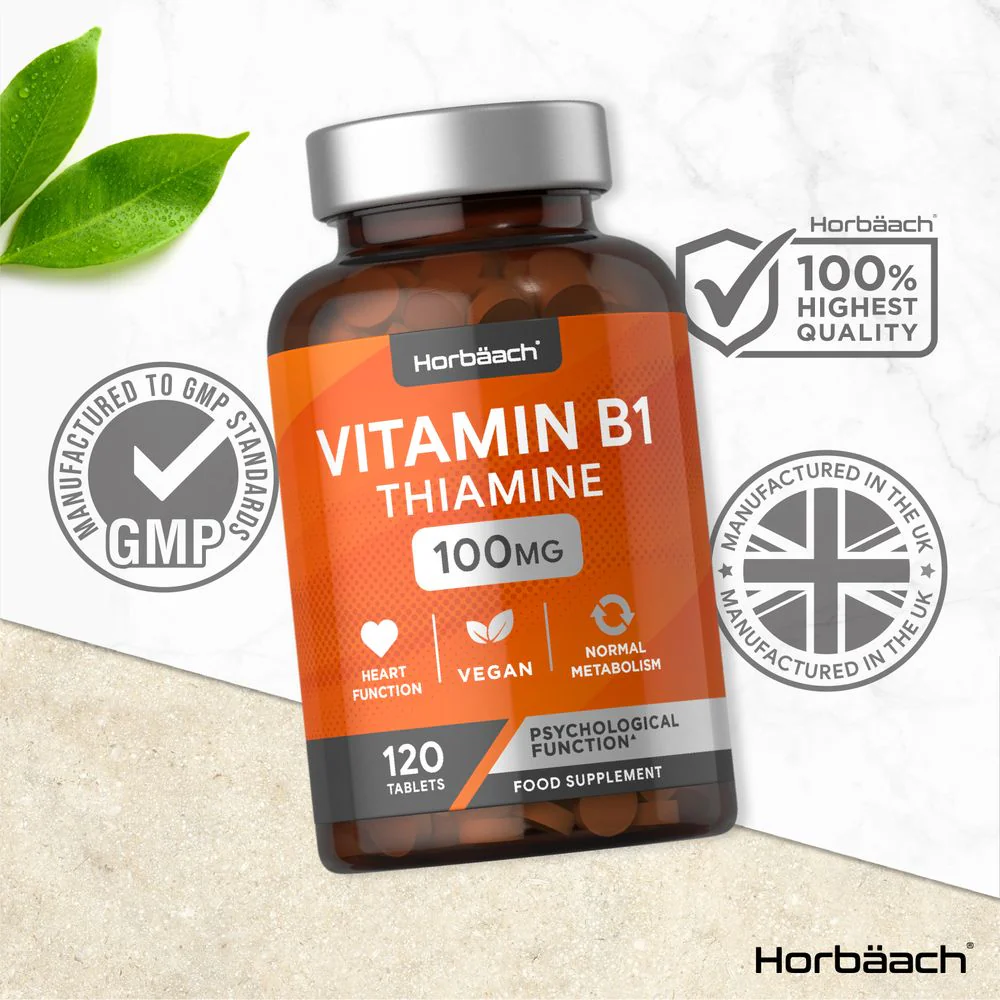Imagine a bustling kitchen where a young chef named Sarah is preparing for her culinary exam. As the clock ticks down, she starts feeling lightheaded and her hands begin to tremble. Despite her meticulous preparation, she feels unusually fatigued and struggles to concentrate. Sarah’s dream of becoming a renowned chef is clouded by her mysterious health issues. After consulting with her doctor, Sarah discovers that she has a thiamine deficiency, also known as Vitamin B1 deficiency. This revelation not only surprises her but opens a door to understanding a condition that many Americans unknowingly suffer from.
What is Thiamine Deficiency?
Thiamine, or Vitamin B1, is an essential nutrient that plays a crucial role in energy metabolism and the proper functioning of the nervous system. Thiamine deficiency occurs when the body lacks sufficient amounts of this vital nutrient, leading to a range of symptoms that can significantly impact daily life.
Symptoms of Thiamine Deficiency
Thiamine deficiency can manifest in various ways, often mimicking other conditions, which makes it challenging to diagnose. Common symptoms include:
- Fatigue and Weakness: The body struggles to convert food into energy, leaving you feeling constantly tired.
- Nerve Damage: Tingling, numbness, or burning sensations in the hands and feet.
- Cognitive Issues: Difficulty concentrating, memory problems, and confusion.
- Muscle Wasting and Cramps: Reduced muscle function and painful cramps.
- Cardiovascular Problems: Irregular heartbeat and shortness of breath.
These symptoms can range from mild to severe and, if left untreated, can lead to serious health issues such as beriberi and Wernicke-Korsakoff syndrome.
Causes of Thiamine Deficiency
Several factors can contribute to thiamine deficiency:
- Poor Diet: A diet low in thiamine-rich foods such as whole grains, meat, and fish.
- Alcoholism: Alcohol interferes with thiamine absorption and utilization.
- Medical Conditions: Conditions like Crohn’s disease, anorexia, and chronic diarrhea.
- Medications: Certain diuretics and chemotherapy drugs can reduce thiamine levels.
- Pregnancy and Lactation: Increased thiamine requirements during pregnancy and breastfeeding.
Combatting Thiamine Deficiency with Supplements
If you’re struggling with thiamine deficiency, incorporating vitamin b1 thiamine supplements into your daily routine can make a significant difference. Among the plethora of options available, Thiamax stands out as one of the best thiamine supplements. Here’s why:
- High Bioavailability: Thiamax is formulated for optimal absorption, ensuring your body gets the maximum benefit.
- Purity and Quality: It contains pure thiamine without unnecessary additives.
- Proven Effectiveness: Many users have reported noticeable improvements in their energy levels and overall well-being after using Thiamax.
When choosing the best thiamine supplement, it’s crucial to look for products that are third-party tested for quality and potency. Reading reviews and consulting with healthcare professionals can also help you make an informed decision.
Unique Insights into Thiamine Deficiency
While most resources discuss the basic symptoms and causes of thiamine deficiency, there are some lesser-known aspects worth exploring:
- Impact on Mental Health: Thiamine deficiency is linked to mood disorders such as depression and anxiety. Ensuring adequate intake of vitamin b1 thiamine supplements can contribute to better mental health.
- Athletic Performance: Athletes may require higher thiamine levels due to increased energy expenditure. Supplementing with the best thiamine supplement can help enhance performance and recovery.
- Genetic Factors: Some individuals have genetic variations that affect thiamine metabolism, making them more susceptible to deficiency despite a balanced diet.
Also Read: Leaky Gut Syndrome: Causes, Symptoms, and Solutions for Gut Healing
Incorporating Thiamine-Rich Foods
While supplements like Thiamax are highly effective, it’s also beneficial to include thiamine-rich foods in your diet:
- Whole Grains: Brown rice, oats, and whole wheat bread.
- Legumes: Lentils, black beans, and peas.
- Nuts and Seeds: Sunflower seeds and macadamia nuts.
- Meat and Fish: Pork, beef, and trout.
Combining a balanced diet with vitamin b1 thiamine supplements can provide comprehensive protection against deficiency.
Conclusion
Thiamine deficiency is a hidden issue that can dramatically affect your health and quality of life. By recognizing the symptoms and understanding the causes, you can take proactive steps to combat this condition. Incorporating the best thiamine supplement, such as Thiamax, along with a thiamine-rich diet, ensures that you maintain optimal health and vitality.




